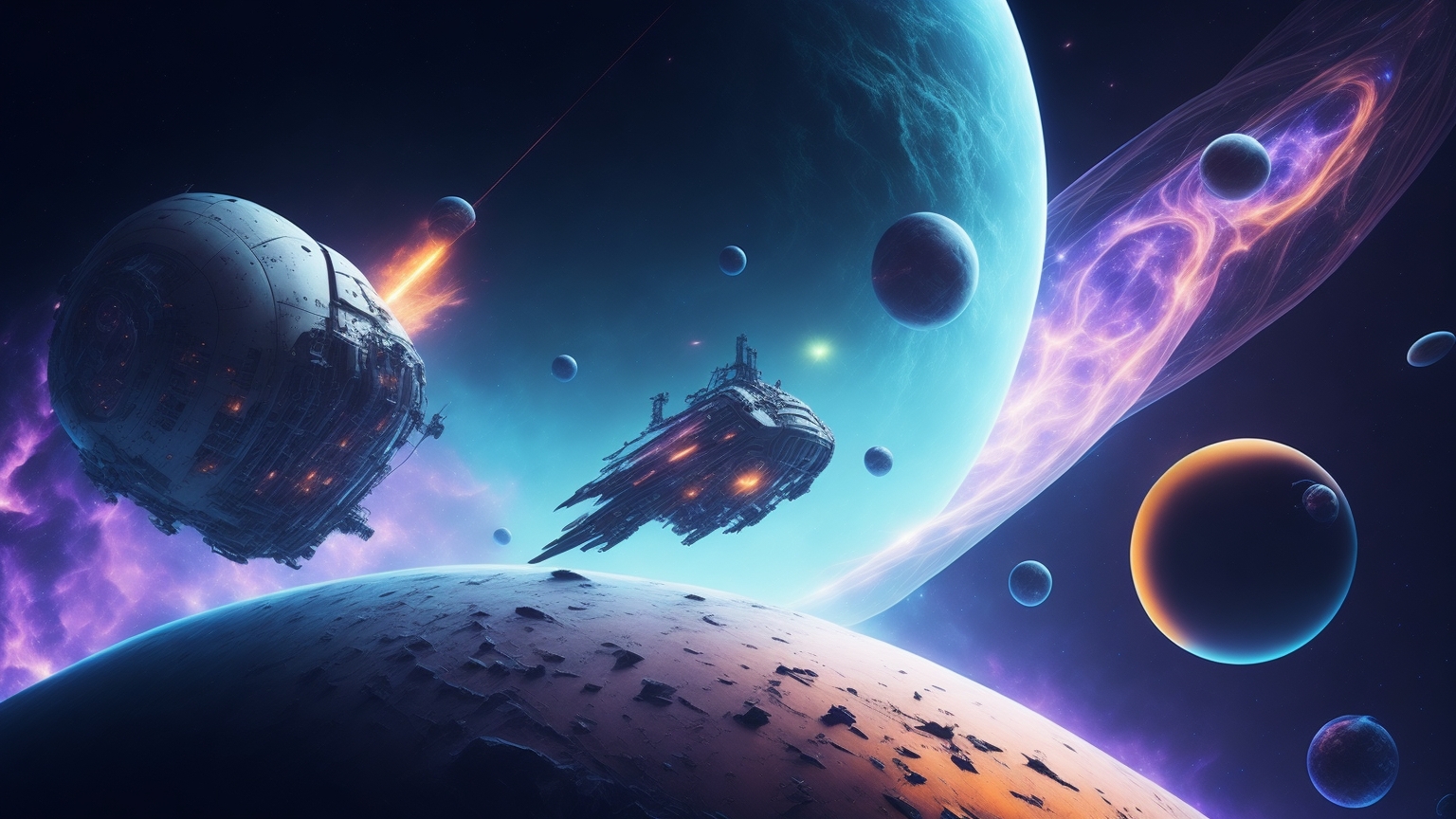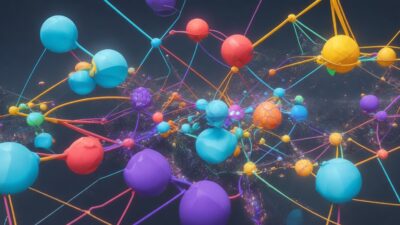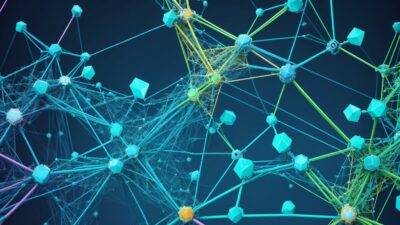Artificial Intelligence in Astronomy and Space Research: The Future is Now

Introduction
In a world where data is collected at an unprecedented rate, processed and analyzed to extract new knowledge, artificial intelligence (AI) plays a significant role. In the field of astronomy and space research, AI has become an essential tool that drives the progress of science.
Artificial Intelligence in Astronomy
Astronomy is one of the sciences that actively utilizes AI for data processing and analysis. The volumes of data collected by space telescopes are colossal. AI is used for the automatic detection and classification of objects such as galaxies, stars, and planets, as well as for analyzing their characteristics.
AI in the Search for Exoplanets
Modern technologies enable astronomers to detect planets beyond our solar system, known as exoplanets. AI can process data from telescopes and determine whether a planet is passing in front of its star, causing an eclipse, or “transit”. Such an automated system allows for fast and accurate identification of potential exoplanets.
AI for Cosmic Radiation Analysis
AI is also used for the analysis of cosmic radiation. With the help of AI, scientists can study the distribution of dark matter in the universe, investigate distant galaxies, and identify sources of gamma radiation.
AI in Space Missions
In space missions, AI is used for automatic control of spacecraft. For instance, onboard the Mars rover Perseverance, an AI system is installed that allows the rover to make independent decisions about the route, bypass obstacles, and avoid dangerous areas.
Conclusion
Artificial intelligence has become an integral part of astronomy and space research. It helps scientists quickly and accurately process large volumes of data, makes possible the detection of new planets, aids in the study of distant galaxies, and manages space missions. Space science is a field where AI will continue to play a significant role in the future.




